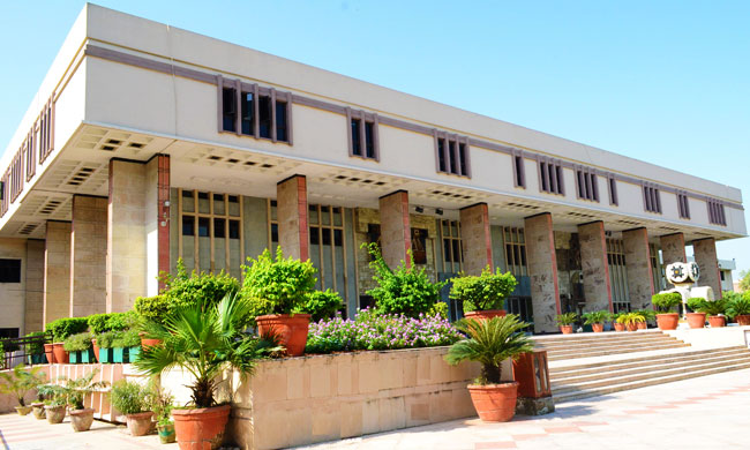The Delhi High Court has observed that while the Right of Children to Free and Compulsory Education Act, 2009 guarantees the right to education, however, it nowhere provides that the said right can be unconditionally enforced against a private unaided school.A division bench comprising of Acting Chief Justice Vipin Sanghi and Justice Sachin Datta upheld the validity of Rules 35 (Striking off...

